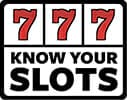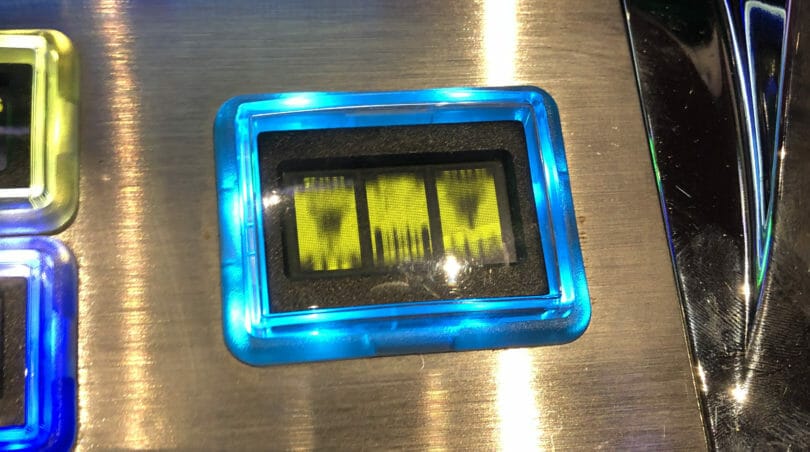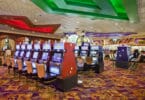This question, which I was asked to weigh in on recently on Twitter, blends two topics I’ve previously written about. (RNG, for those not in the know, stands for Random Number Generator.)
The first is that slots (and other electronic games) use what’s actually a pseudo-random number generator, or PRNG, because they’re built by humans to mathematically set up a random distribution, but since it’s done through a series of steps via code, it’s likely not truly random and, as has happened here or there, can sometimes be reverse engineered.
The second is that because PRNGs can be weighted to some outcomes over others, the games must be rigged.
STATUS: No. If you think is the case, you should stop gambling.
First of all, just because a human coded a PRNG, and there can be a weighted distribution, doesn’t mean a game is rigged. Slots have weighted distributions to accomplish a certain payback percentage over time to deal with physical reels, for instance, as recently discussed on the article around reel mapping.
The questioner was pointing to other electronic games, such as bubble craps or Video Poker, however. Bubble craps usually has physical dice on it so there’s not a PRNG going on there at all, since physical dice still determine the outcome.
But presuming they didn’t, Nevada regulations still required games that use dice or cards in their electronic forms must provide games that have a randomness as if an actual deck of cards or dice were used. Many other states follow Nevada’s lead on these sorts of regulations, having been dealing with this much longer than the others.
So the PRNG on a Video Poker machine must ensure that the chances of any individual card being dealt in a hand are the same. If you’re four to the royal, you have a 1/47 chance (since 47 cards remain after those first five are dealt) of getting that final card to complete the set. The game cannot be programmed to weight that down to, say, 1/100, and pass regulatory muster. (This presumes Class III gaming and not predetermined versions of the game in markets like New York.)
The same would go for an electronic craps game that has virtual dice. The chances of rolling doubles would be the same 1/36 as real dice, and rolling a 7 6/36 (or 1/6) like a physical set of dice.
So, just because a game has a PRNG does not mean a game is rigged.
Having been writing these posts on a daily cadence for more than a year now, what has become clear is a failure to understand the full picture when people attempt to read about how all this works. They cherry pick data around things like server-based controls for gaming, a lack of minimum payouts in California or PRNGs and believe that these are ways to rig the system.
If you’re a regular reader of the site, you’ll know that there’s no need for casinos to do this – the house edge on games are plenty profitable on their own right. And casinos (or slot manufacturers) who would attempt to rig the games or break the rules are risking heavy fines and/or their licenses to break these rules.
I fall back on my previous advice more and more around casino games. They require an element of trust that the opportunity being laid out is what they promise it to be. If you don’t trust it, don’t play.






Is there any difference in the RNG of an older Video Poker Machine as opposed to a new one made say in the last 5-7 years. Seems I tend to have better luck on older multiplay machines.
A recent interview with an executive at Action Gaming and the Jackpot Gents indicates that the way cards are handled and dealt by those machines hasn’t changed since the 90s. It’s at the tail end of this video:
https://www.youtube.com/watch?v=M3dE0JGZ0Qk